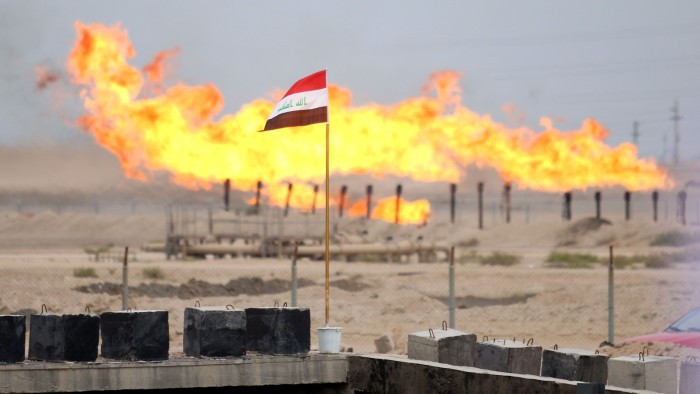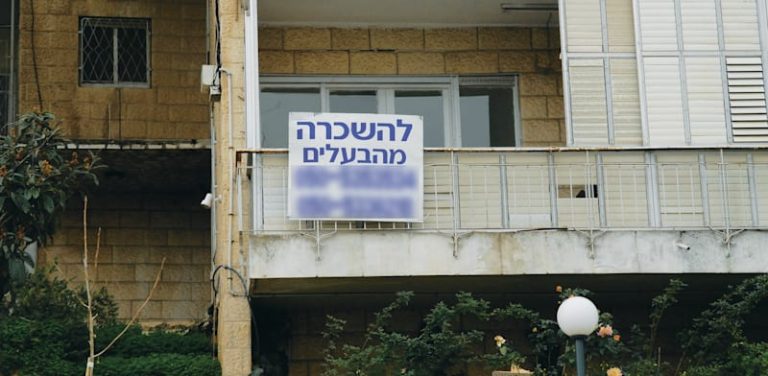Two words dictate the tempo in Israel’s economy and capital market: risk premium. Ten days ago, the State of Israel embarked on an intensive military campaign against Iran, and in response the local stock market recorded one of its best ever weeks, with sharp rises, and the shekel strengthened to around NIS 3.5/$. Not an obvious result when Israel is fighting its largest and strongest enemy.
Once more it turns out that the stock market often behaves unexpectedly. Not every war triggers a fall. The risk premium offers the best explanation of what has happened on the Israeli stock market in the past two years, and particularly last week.
What is a risk premium?
A risk premium is an extra return that investors demand as compensation for the risk involved in an investment, in comparison with a risk-free investment. It’s an alternative expression to the cost of risk. Investors ask themselves what potential return to demand before agreeing to take on the risk of the investment. What is the cost of the risk that the investment will not yield the expected return, or may even lose money?
For example, if a ten-year Israel government bond yields 4% annual interest, and the stock of some commercial company is traded at a price that embodies a potential annual return of 9%, then the implication is that the risk premium on that stock is 5%. In other words, investors require an extra 5% return before they will switch from an investment considered safe to investment in that company’s stock.
The simple rule of thumb is that as the risk premium rises, i.e., investors demand a higher return on the investment, the price of the assets concerned falls, and vice versa: as the risk premium falls, the price of the assets rises.
There are all kinds of risk premiums on the capital market: a risk premium on stocks, meaning how much extra return an investor demands to hold stocks rather than government bonds or some other risk-free investment; a risk premium on corporate bonds, meaning the difference between the yield on a commercial company’s bond and the yield on a government bond, in exchange for the risk of the company becoming insolvent. And there is a country’s risk premium, meaning the difference between the yield that investors demand on an investment in the bonds of a developing or relatively dangerous country, in comparison with the bonds of developed countries.
RELATED ARTICLES
Between October 2023 and June 2023
To return to what is happening on the Israeli stock market in these historic times. At the beginning of 2023, the government’s judicial reform plan was unveiled, and in October 2023 the Swords of Iron war broke out, catching Israel completely off guard, and these two events upended several fundamental assumptions of investors in the Israeli economy. As far as October 7 is concerned, it can be said that the geopolitical risk of investment in Israel materialized. Consequently, the country’s risk premium rose, taking with it the risk premium on all assets (stocks, corporate bonds, the shekel). That is to say, prices of financial assets in Israel fell.
From September 2024, the trend reversed. Following the exploding pager operation against Hezbollah operatives and then a series of successes by the IDF, Israel’s risk premium started to fall, and we saw substantial rises in prices of assets on the Tel Aviv Stock Exchange, and a decline in the cost of raising debt for the Israeli government.
But no-one imagined what would happen last week. Israel launches a surprise attack on Iran. There were leaks beforehand about the coming attack, but in the days before it the stock market fell, meaning that the risk premium crept upwards because of fears of the Iranian front.
What we experienced last week was a process of decline in Israel’s risk premium in the very broadest sense. It was not just a fall in the risk premium such as we have experienced in the past after every military operation, or even after last September. What is happening now, the elimination of every Iranian chief of staff and of prominent nuclear scientists, complete domination of Iranian skies by the Israel Air Force, is extraordinary. And now the Americans have joined the campaign with their strike on Iran’s nuclear installations.
An imaginary scenario materializes
So is the end of Iranian threat at hand? Any Israeli investment manager will admit that the Iranian risk is one that he cannot price, because it is always perceived as a binary risk, and one on a scale that is hard to put into a model. It has to be acknowledged that we, as Israeli investors, came to terms with the Iranian risk. We’re used to it.
Dismantling of the Iranian risk in this way was never in investors’ scenarios, and don’t let anyone tell you otherwise. Even if someone secretly believed in it or dreamt of it, it’s not a scenario that was priced into the stock or bond market. So this is not a normal decline in the risk premium. It’s a fall in the structural risk premium that we never imagined would happen. The best way of seeing this is to monitor the shekel against the US dollar: the shekel has strengthened phenomenally lately, signaling precisely that the fall in the risk premium is beyond anything we envisaged, and, unlike the local stock market, the foreign exchange market is deep and very efficient.
Assuming that the Iranian threat has finally collapsed, Israel’s risk premium will have to be completely recalculated, and it will be much lower. A new Middle East? Normalization? Time will tell.
Beware of euphoria
The event is not over, however, and we have to beware of euphoria. The local stock market is at least partially pricing in expectations of a future without the Iranian threat and without Iran nurturing the axis of evil in the Gaza Strip and Lebanon. But now, after the US attack, there may be a rise in global tensions, and investors are recommended to be prepared for that. There are all kinds of scenarios: closure of the Straits of Hormuz, an Iranian response, attacks by the Houthis, Russian or Chinese intervention, a soaring oil price, and so on. If a long war of attrition develops, if something changes in the balance of forces, you can be sure that the risk premium will adjust and rise accordingly.
In the short term too, there are several negative local influences: the dramatic decline in business activity, closed shopping centers, closed skies, large numbers of reservists not at work, the heavy costs of intercepting missiles from Iran, of endless sorties by the Israel Air Force, and of munitions, the cost of compensation to people whose homes have been hit, rehabilitation of damaged buildings and infrastructure, and that’s only a partial list. There’s a heavy bill to pay that will increase government debt and break the fiscal deficit target. But unlike in October 2023, we are now full of hope about what could happen the day after.
As far as investors are concerned, a weak quarter for economic activity or for company results is almost insignificant in a world of a sharply falling risk premium in the long term. That is what investors in the Israeli stock market are now buying. The demand for the shekel doesn’t lie. Sometimes dreams come true.
Published by Globes, Israel business news – en.globes.co.il – on June 23, 2025.
© Copyright of Globes Publisher Itonut (1983) Ltd., 2025.








